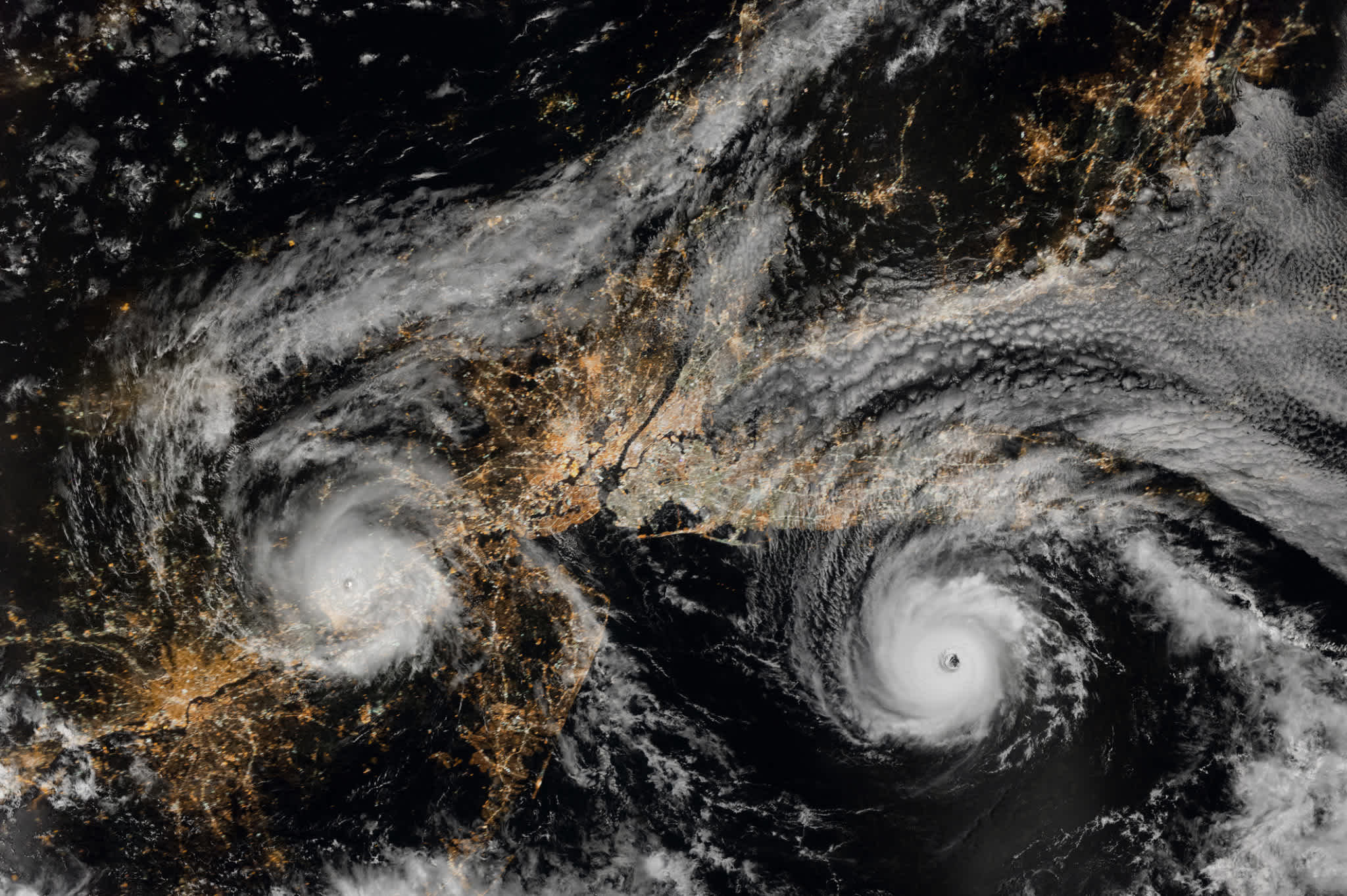
July 23, 2018
How Flexport Helps Companies Adapt During Global Disruptions
How Flexport Helps Companies Adapt During Global Disruptions
The “most powerful storm on earth,” also known as Typhoon Maria, hit China’s east coast recently. Hundreds of thousands of people were evacuated, major roadways were destroyed, and many schools and offices were closed. But Maria’s impact extends far beyond the directly affected area.
Natural disasters, labor strikes, carrier bankruptcies and mergers, security breaches, and trade wars are just some of the events that can disrupt supply chains. While these events often strike without warning, in today’s fast-paced economy it’s more important than ever for companies to respond and adapt right away.
At Flexport, we’ve designed our platform to help clients manage by exception: we flag shipments that are off track or in need of action, so our clients can do what’s needed to keep their supply chains running smoothly.
When a major event or crisis threatens our clients’ supply chains, we believe it’s our responsibility to notify our affected clients and let them know their options as soon as possible. That’s why our data science team built a sophisticated set of internal tools for identifying the impact of unexpected global events and crises. For regional events like storms and port closures, we identify all Flexport clients with shipments passing through a given area during a given time frame, and reach out to those clients to advise on what actions they might take. For regulatory changes like new tariffs, we match the complete set of tariff codes against all our clients’ product classifications and notify all clients with impacted products.
Meanwhile, our operations squads leverage our platform to make sure the affected shipments are being rerouted in the smartest possible way. Because each leg of any given shipment works independently, there’s a high level of contingency planning.
To find the most efficient and economical solution amid these constraints, we take in all available information. And the combination of structured data and an expert team helps us solve tough problems quickly. Because we organize the data about every one of our clients’ shipments, we can quickly identify alternate routes to help clients navigate the changing landscape in real time.
Typhoons and other disasters take a major human toll, and the reality is that while they’re unfolding, the network of people and organizations impacted must operate with only partial information. We want our clients to have all the information they need in a crisis, so they don’t have to get tied up in logistics and can stay focused on what matters.
Flexport partners with nonprofits to offer discounted freight services to ship urgent supplies to areas affected by natural disasters. If you want to donate product during a disaster, sign up here.
Want to stay on top of the latest rate trends, weather predictions, and other news that can impact your supply chain? Subscribe to our Ocean and Air Freight Market Updates.



